The Ministry of Justice is reviewing the proposal to draft a National Assembly Resolution on fees for using state-invested highways.
In the draft submission, the Ministry of Transport said that the toll collection level must meet three principles: be consistent with the interests and affordability of users; after compensating for costs, the organization must ensure a surplus to balance the State budget; and be calculated for each specific section and route to suit the operating conditions and socio-economic conditions of each region.
Expressways invested by central and local budgets are divided according to the proportion of investment capital participating in the project. The collected amount is paid to the State budget and prioritized for investment, management, and maintenance of road traffic infrastructure, fulfilling the State's responsibility for road investment projects under the form of BOT contracts.
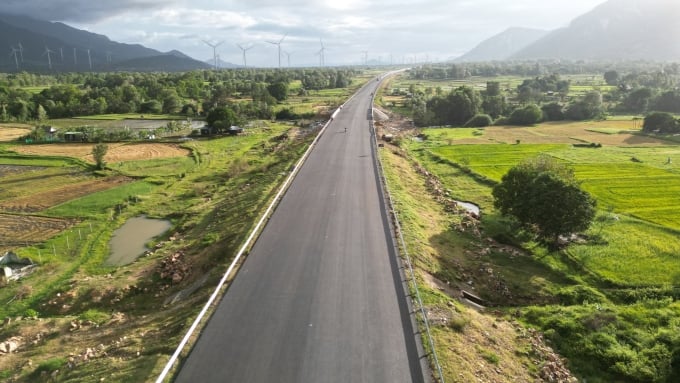
Cam Lam - Vinh Hao Expressway is about to be completed, December 2023. Photo: Viet Quoc
The Ministry of Transport believes that collecting tolls on state-invested highways will help increase budget revenue by mobilizing resources from highway users; contributing to creating funding sources for investment in developing the highway system. This money will also be used for highway management and maintenance, and will be a resource for implementing policies on developing transport infrastructure.
In addition, toll collection also helps increase the efficiency of highway exploitation, balance traffic flow on the highway and on parallel national highways, and facilitate vehicle load control. In the case of no toll collection, vehicles will tend to concentrate on the highway, reducing average traffic speed and reducing exploitation efficiency.
Commenting on this content, the Ministry of Planning and Investment proposed clarifying the problems in current regulations on fees, prices, state budget, public assets, and road maintenance, to have a basis for issuing a Resolution and only issuing a pilot resolution.
Regarding the mechanism and fee levels, the Ministry of Planning and Investment proposed to calculate in a way that there is no need to limit the time of toll collection because there needs to be a stable source of revenue to cover the costs of continuous, lifetime management and maintenance of expressways. In addition, the fee level for using expressways invested by the State should be lower than that of expressways invested by the private sector and can be flexibly adjusted according to the socio-economic development situation at each stage.
Fees should be reduced for routes that do not really meet expressway standards, or are designed according to phased investment standards (limited number of lanes and lane width, no continuous emergency stop strip, permitted speed lower than calculated speed).
In February, the Ministry of Finance worked with the Ministry of Transport and relevant agencies on this issue. The Ministry of Transport has studied the plan to report to the Government to submit to the National Assembly to issue a pilot mechanism for collecting tolls for using expressways on some sections and expressways invested by the State. The scope is routes completed and put into operation before 2025. The pilot collection period according to the toll mechanism is a maximum of 5 years from the time the toll collection begins.
The Ministry of Transport has repeatedly proposed to collect tolls on some expressways invested by the State. In early May, the Ministry planned to collect tolls on 9 expressways, including: Ho Chi Minh City - Trung Luong; Cao Bo - Mai Son, Mai Son - National Highway 45, National Highway 45 - Nghi Son, Nghi Son - Dien Chau, Cam Lo - La Son, Vinh Hao - Phan Thiet, Phan Thiet - Dau Giay, My Thuan 2 Bridge.
Source link


![[Photo] Prime Minister Pham Minh Chinh and Ethiopian Prime Minister visit Tran Quoc Pagoda](https://vstatic.vietnam.vn/vietnam/resource/IMAGE/2025/4/17/18ba6e1e73f94a618f5b5e9c1bd364a8)
![[Photo] General Secretary To Lam receives French Ambassador to Vietnam Olivier Brochet](https://vstatic.vietnam.vn/vietnam/resource/IMAGE/2025/4/17/49224f0f12e84b66a73b17eb251f7278)
![[Photo] Welcoming ceremony for Chinese Defense Minister and delegation for friendship exchange](https://vstatic.vietnam.vn/vietnam/resource/IMAGE/2025/4/17/fadd533046594e5cacbb28de4c4d5655)
![[Photo] President Luong Cuong receives Kenyan Defense Minister Soipan Tuya](https://vstatic.vietnam.vn/vietnam/resource/IMAGE/2025/4/17/0e7a5185e8144d73af91e67e03567f41)
![[Photo] Warm meeting between the two First Ladies of the Prime Ministers of Vietnam and Ethiopia with visually impaired students of Nguyen Dinh Chieu School](https://vstatic.vietnam.vn/vietnam/resource/IMAGE/2025/4/17/b1a43ba73eb94fea89034e458154f7ae)
![[Photo] Promoting friendship, solidarity and cooperation between the armies and people of the two countries](https://vstatic.vietnam.vn/vietnam/resource/IMAGE/2025/4/17/0c4d087864f14092aed77252590b6bae)
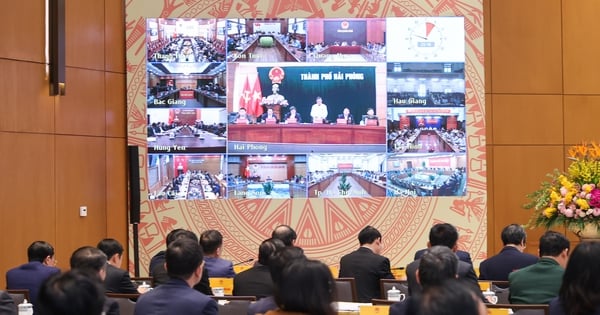

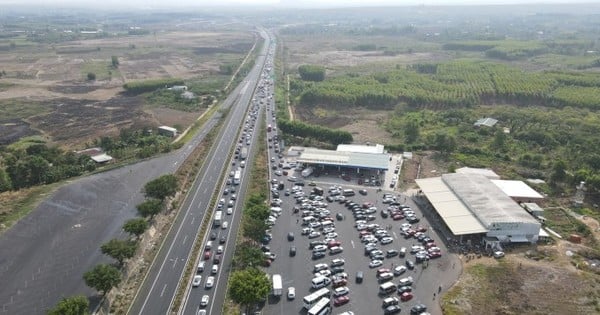


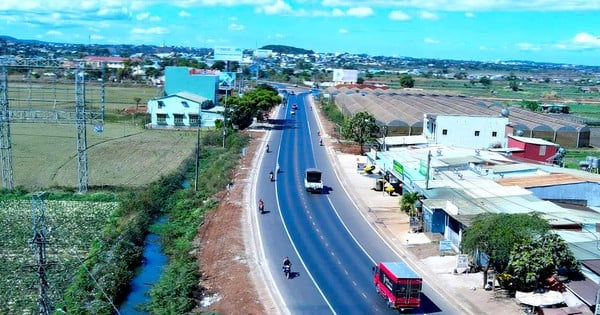
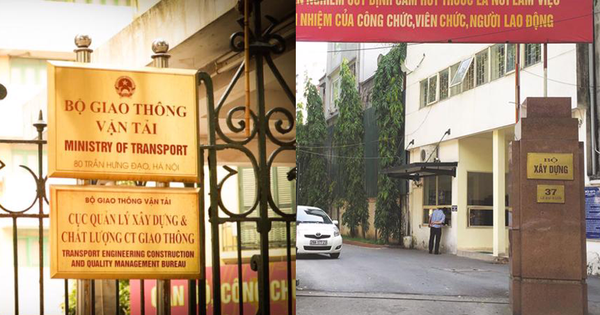
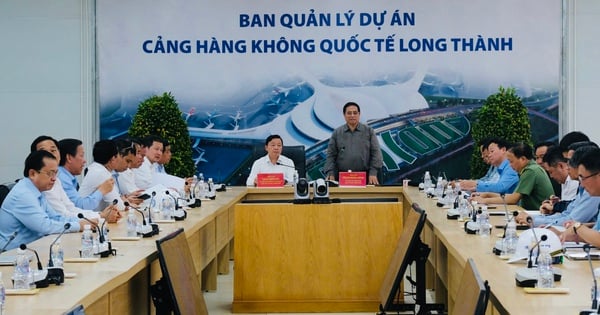
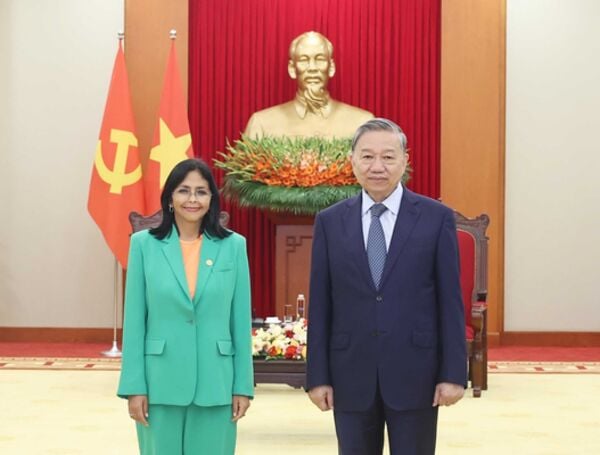
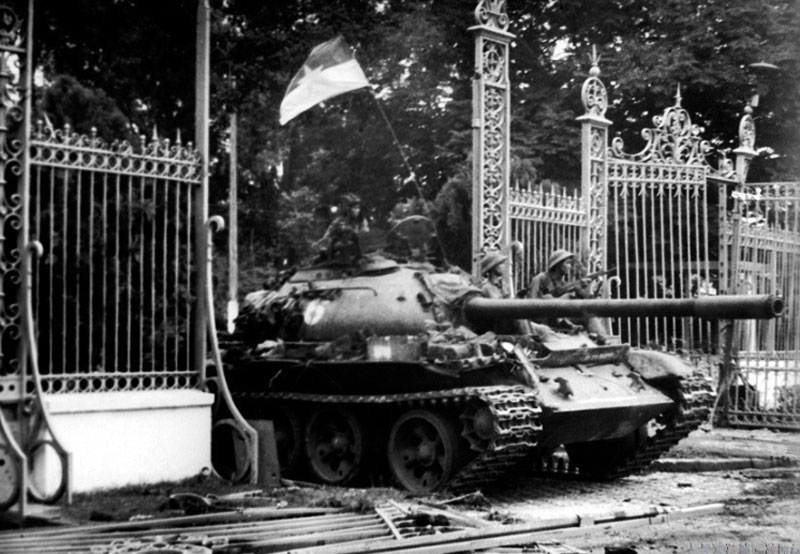

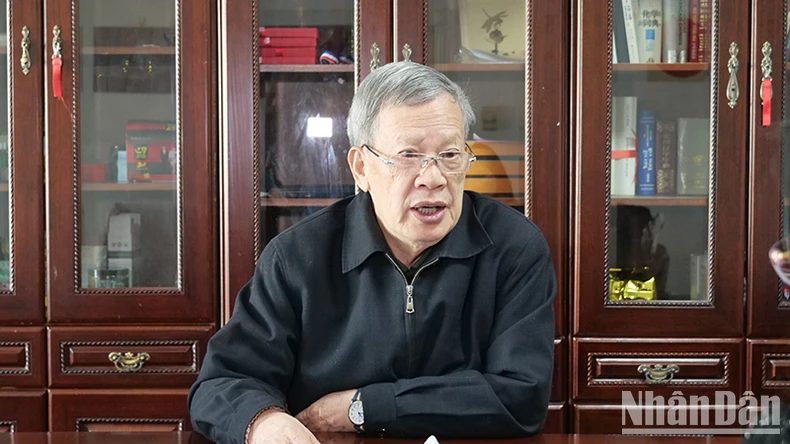

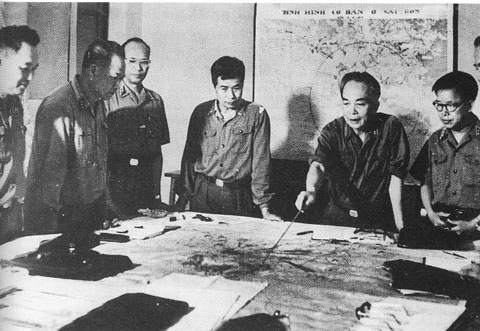






































![[Video] Viettel officially puts into operation the largest submarine optical cable line in Vietnam](https://vstatic.vietnam.vn/vietnam/resource/IMAGE/2025/4/17/f19008c6010c4a538cc422cb791ca0a1)















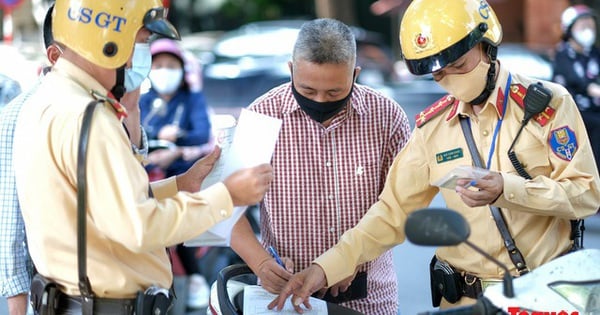

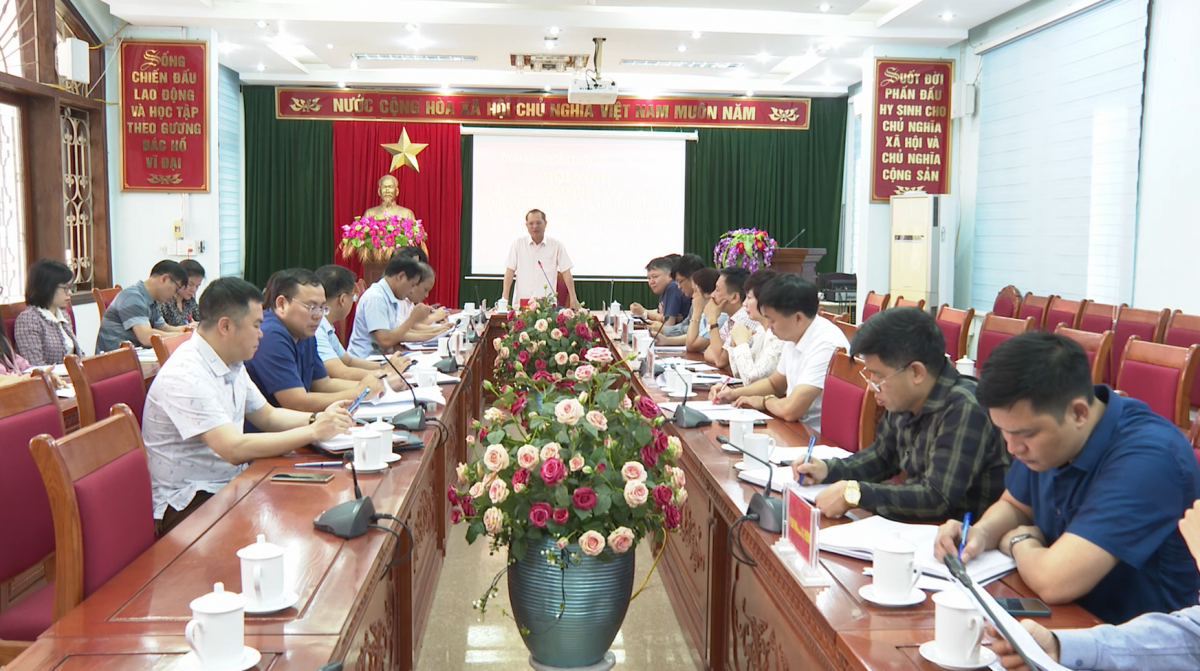
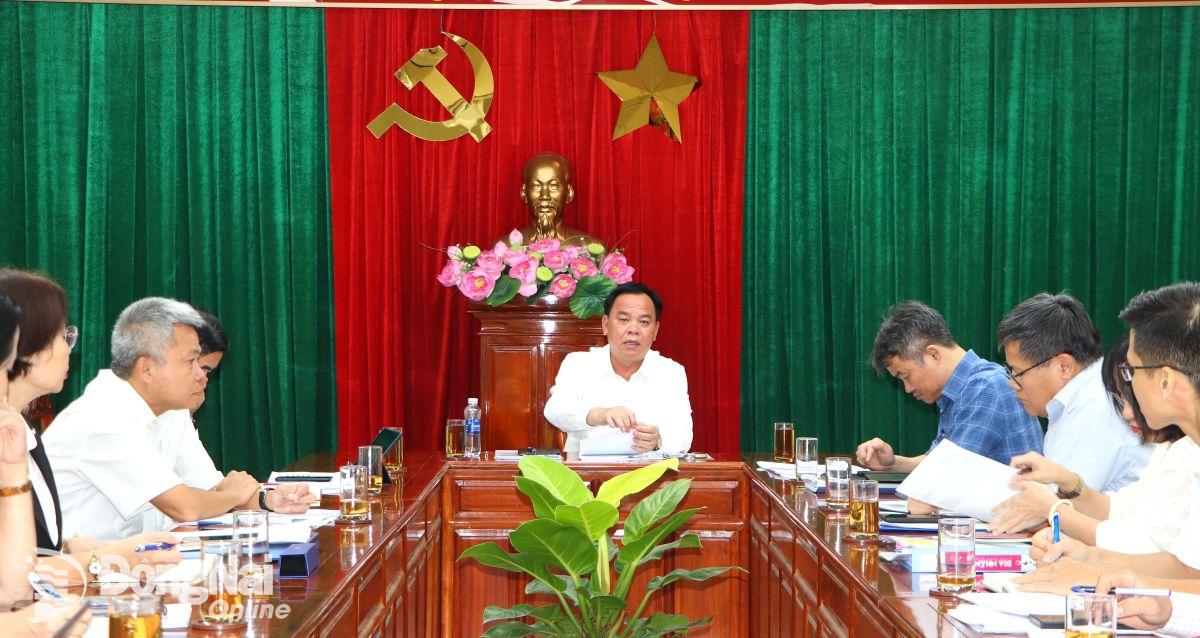



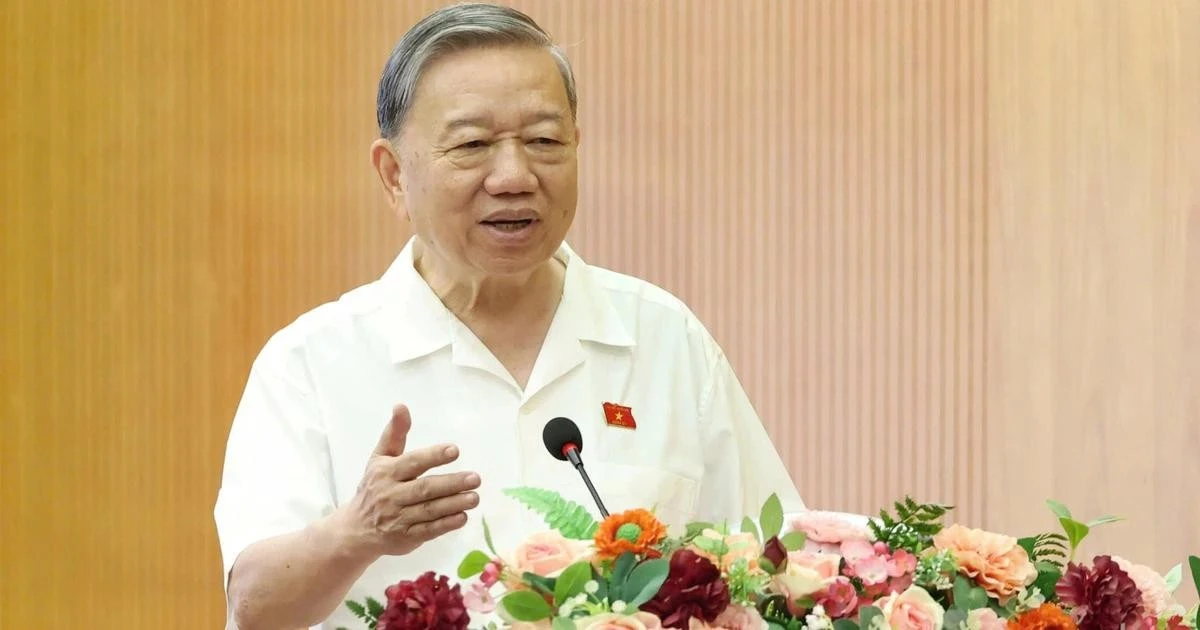

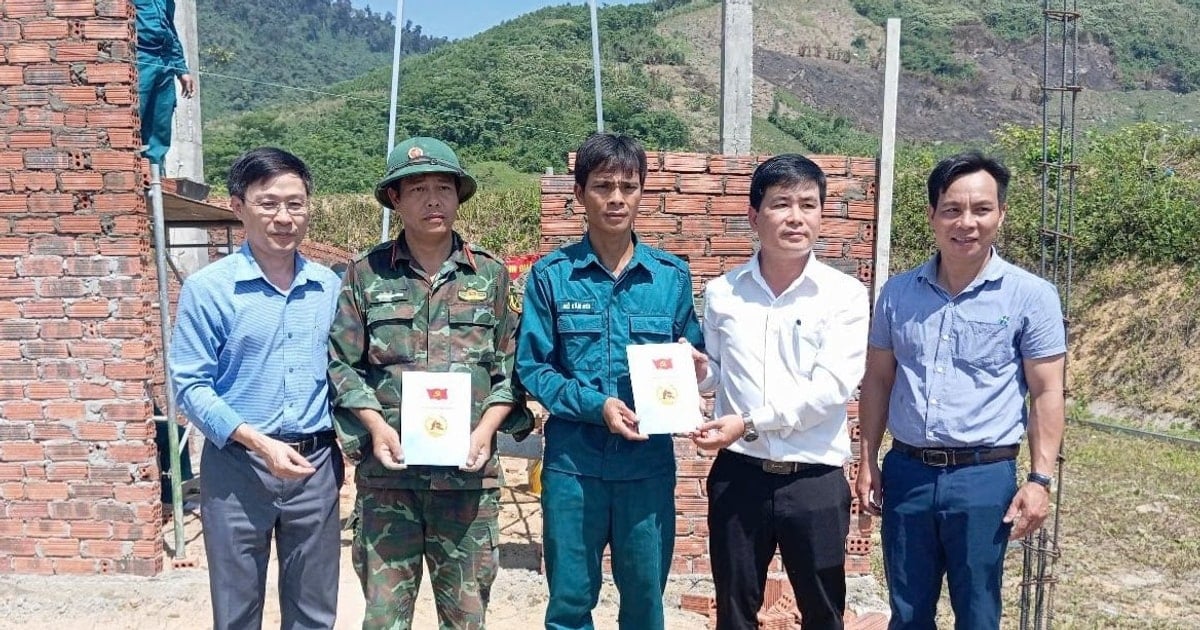
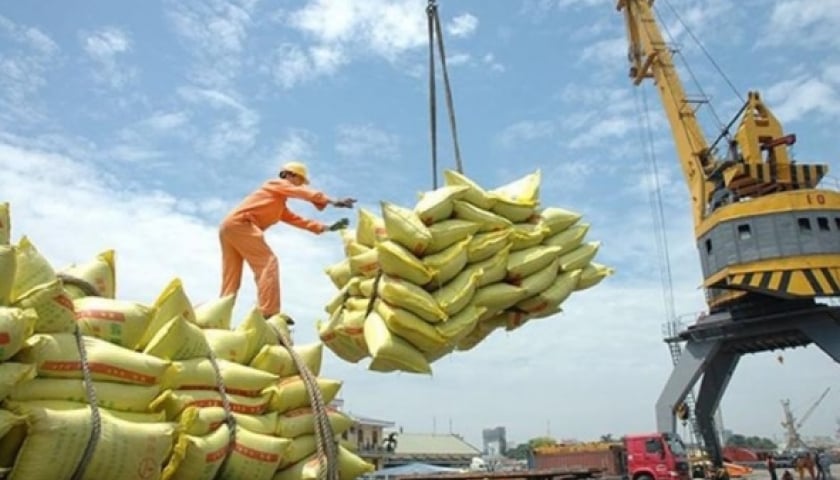













Comment (0)